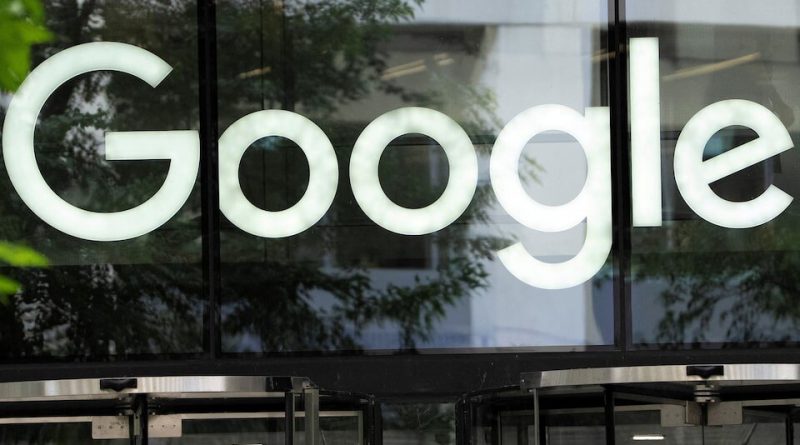Google and Epic Games Join Forces: A New Era of Openness for Android Users
In a landmark move set to redefine the app ecosystem, Google has reached a groundbreaking settlement with Epic Games, the creator of “Fortnite.”
The deal aims to enhance fairness, flexibility, and competition in the Android app marketplace—giving developers more freedom and users more choices.
Google has taken a major step toward transforming the Android landscape by agreeing to a comprehensive settlement with Epic Games.
The agreement, which follows years of legal battles, signals a positive shift in how app stores operate—putting power back into the hands of developers and consumers.
The reforms are expected to open new doors for innovation while maintaining Google’s strong emphasis on user safety and data protection.
The proposal, submitted jointly in a U.S. federal court in San Francisco, seeks to resolve the antitrust lawsuit filed by Epic Games in 2020. Epic had accused Google of monopolizing app distribution and in-app purchase systems on Android devices.
While Google consistently denied wrongdoing, this settlement represents a forward-thinking compromise that could reshape the digital marketplace for years to come.
At the heart of the agreement is Google’s commitment to expand access to third-party app stores. This means Android users will soon be able to download and install alternative app stores more easily—so long as they meet defined safety and security standards.
The move marks a significant win for openness and competition, reflecting Google’s readiness to evolve alongside the changing demands of the global tech ecosystem.
For app developers, the settlement is equally transformative. Under the new proposal, developers can now direct users to external payment options both inside their apps and through web links.
This change is designed to reduce dependency on Google’s in-house payment system, ultimately giving developers more control over their revenue streams.
To ensure sustainability and fairness, Google will implement a capped service fee structure—set at 9% or 20%, depending on the type of transaction. These new rates will apply to apps downloaded or updated from Google Play after October 30.
Sameer Samat, Google’s President of Android Ecosystem, praised the proposed reforms, emphasizing that they maintain the essential balance between flexibility and security.
He noted that Google remains committed to protecting users while enabling developers to thrive in a more open environment. Samat added that the settlement highlights Google’s mission to make Android both safe and empowering—a platform where creativity can flourish without compromising trust.
Epic Games’ CEO, Tim Sweeney, also expressed strong support for the proposal. Calling it “awesome,” Sweeney said the agreement “doubles down on Android’s original vision as an open platform.”
His words capture the excitement among developers who have long sought a more level playing field—one where innovation and choice outweigh corporate restrictions.
The new arrangement also retains certain structural elements from a previous injunction issued by Judge James Donato in 2023. That injunction had ordered significant app store reforms following Epic’s victory in court.
Although Google had initially appealed the decision, the federal appeals court upheld the ruling earlier this year, and the U.S. Supreme Court declined to intervene.
The latest proposal now builds upon that foundation, modifying some measures while preserving key oversight mechanisms such as a three-member technical committee.
Beyond resolving Epic’s original lawsuit, the deal also settles a separate case Epic had filed against Google and Samsung concerning app downloads. Epic’s earlier settlement with Samsung in July helped clear the path for this broader, industry-defining agreement.
The settlement could mark a pivotal turning point in how technology companies approach competition, regulation, and innovation. By choosing collaboration over prolonged conflict, Google demonstrates its willingness to adapt to a rapidly evolving digital economy—one that values fairness, transparency, and user choice.
While Google continues to face other legal challenges related to its search and advertising practices, this agreement with Epic Games paints a more positive picture of the company’s direction. It showcases a renewed commitment to openness, giving both developers and users more freedom than ever before.
In the bigger picture, this settlement is not just about resolving a lawsuit—it is about reimagining the future of the Android ecosystem. By fostering collaboration and competition, Google and Epic Games are setting a new standard for how big tech and creators can coexist.
The result could be a healthier, more diverse app marketplace that benefits everyone—from independent developers to everyday Android users around the world.



